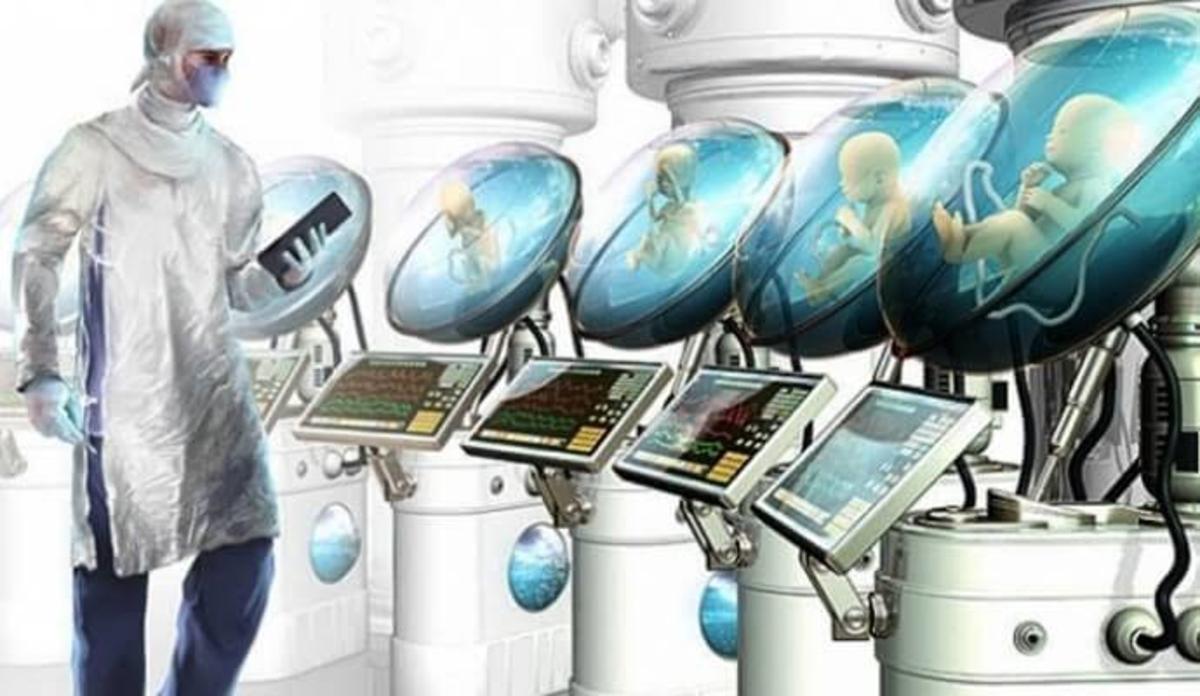
Will ectogenesis liberate women from patriarchal tyranny?
There is a moral imperative to develop artificial wombs, says bioethicist
Women will never be free until they have been freed from the tyranny of reproduction. This was the audacious claim made by 1970s radical feminist Shulamith Firestone. This utopia seemed unimaginably distant then, but technology could make it a reality with ectogenesis, or artificial wombs, contends Kathryn McKay, of the University of Sydney, in the journal Bioethics.
a foundational piece of women’s oppression is the conceptual link to female reproductive function, and this link should be targeted for destruction. … ectogenesis holds the potential to radically challenge dominant notions of gender categories and family roles by allowing us to break the conceptual links between ‘woman’, ‘mother’ and female biology.
In fact, McKay argues that “we have a moral imperative to develop ectogenesis as a means to assisted gestation”. Apart from being part of patriarchal oppression, natural childbirth is risky and dangerous. The alternative, gestational surrogacy, is dangerous and exploitative, and “contribute[s] to the maintenance of pronatalist social pressures to produce genetically related offspring”.
Ectogenesis would also help to destroy the patriarchal disaster that is the nuclear family by eliminating “motherhood” as an exclusively female experience.
Insofar as adoptive, kinship, and same‐sex parents are already pushing against pronatalist and geneticist assumptions, ectogenesis will further put pressure on this view. Ectogenesis reveals the possibility that what has hitherto been a major component of female reproductive function—gestation—might not involve a woman at all. If an infant might not be ‘carried’, or ‘birthed’ by anyone as such, then carrying and birthing are undermined as relevant factors in being a woman or mother.
Ectogenesis, therefore, is the ideal means of reproduction in a society which accepts fluid gender roles:
If an infant is not of woman born, but ‘decanted’ from an artificial womb, then the primary caring role cannot be determined de facto by who gave birth to it. So, it encourages an understanding of ‘mother’ and ‘father’ as social roles, not as specifically gender‐ or biologically‐determined identities.
Unfortunately, the reality of ectogenesis is still a distant possibility. But McKay points out that the mere possibility of it puts pressure on oppressive patriarchal norms. Imagining it is a thought experiment which underscores the absurdity of biologically-based gender norms.
Michael Cook is editor of BioEdge
Creative commons
https://www.bioedge.org/images/2008images/FB_ectogenesis_2.jpg
ectogenesis
feminism
